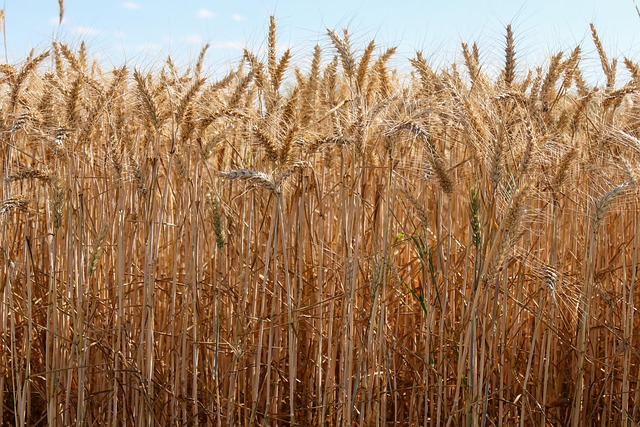Transforming yard waste from disposal to resource is key to reducing organic waste. Communities can implement Yard Waste Removal and Recycling programs to collect and divert materials from landfills, reducing waste volume and creating opportunities like composting and alternative fuel sources. This promotes a sustainable approach to gardening and extends the value of yard waste beyond simple disposal. Effective strategies like composting and chipping reduce landfill waste, mitigate climate change, and enrich soil health, fostering a more eco-friendly community. Recycling and composting are crucial for responsible Yard Waste Removal and Recycling in both residential and commercial settings.
“In today’s eco-conscious world, addressing the impact of yard waste is more critical than ever. This article explores powerful strategies to reduce organic waste, transforming it from a disposal problem to a valuable resource. We delve into the environmental consequences of yard waste and present effective solutions, including recycling and composting techniques. From individual actions at home to community-driven initiatives, discover how everyone can contribute to sustainable yard waste management and encourage local programs that promote responsible removal practices.”
- Transforming Yard Waste: From Disposal to Resource
- – Overview of the impact of yard waste on the environment
- – Introduction to recycling and composting as sustainable alternatives
Transforming Yard Waste: From Disposal to Resource

Transforming yard waste from disposal to resource is a significant step in organic waste reduction strategies. Instead of sending clippings, leaves, and trimmings to landfills, communities can implement effective yard waste removal and recycling programs. These programs involve collecting organic materials and diverting them from the traditional waste stream. By doing so, we not only reduce the volume of waste sent to landfills but also create opportunities for beneficial reuse.
Yard waste recycling offers numerous environmental benefits. Organic materials decomposed through composting enrich soil, enhancing its fertility and structure. This practice reduces the need for synthetic fertilizers and pesticides, promoting a more sustainable and eco-friendly gardening approach. Moreover, recycled yard waste can be used as alternative fuel or raw material in various industries, further extending its value beyond simple disposal.
– Overview of the impact of yard waste on the environment

Yard waste, often overlooked, significantly contributes to environmental issues if not managed properly. Leaves, grass clippings, and tree trimmings, while natural, can form a substantial part of municipal solid waste when not recycled or disposed of correctly. Improper disposal methods lead to yard waste ending up in landfills, where it decomposes slowly, producing methane—a potent greenhouse gas that exacerbates climate change. This process also takes up valuable space, straining local waste management systems.
Effective yard waste removal and recycling strategies are essential for mitigating these impacts. Simple practices like composting organic materials at home or through municipal programs reduce the amount of waste sent to landfills. Chipping tree trimmings and transforming them into mulch not only prevents unnecessary disposal but also enriches soil health, fostering a more sustainable environment. Adopting these methods contributes to a greener, more eco-conscious community.
– Introduction to recycling and composting as sustainable alternatives

Recycling and composting are powerful tools in the fight against organic waste, offering sustainable alternatives for both residential and commercial properties. By implementing these practices, individuals and businesses can significantly reduce their environmental footprint while contributing to a circular economy. Recycling involves processing used materials into new products, preventing them from ending up in landfills. This not only conserves natural resources but also saves energy compared to using raw materials.
Composting, on the other hand, is the natural process of breaking down organic matter, such as food scraps and yard waste (a key focus for effective yard waste removal and recycling), into nutrient-rich soil amendments. This practice enriches soil health, reduces greenhouse gas emissions, and provides an eco-friendly alternative to chemical fertilizers. With proper management, composting can transform organic waste into valuable resources, fostering a more sustainable and environmentally conscious lifestyle.
By implementing organic waste reduction strategies, such as recycling and composting, we can significantly mitigate the environmental impact of yard waste. These simple yet powerful practices not only reduce landfill contributions but also foster a more sustainable cycle for our resources. Embrace these methods to transform your yard waste from a disposal problem into a valuable resource, contributing to a greener and healthier planet.
